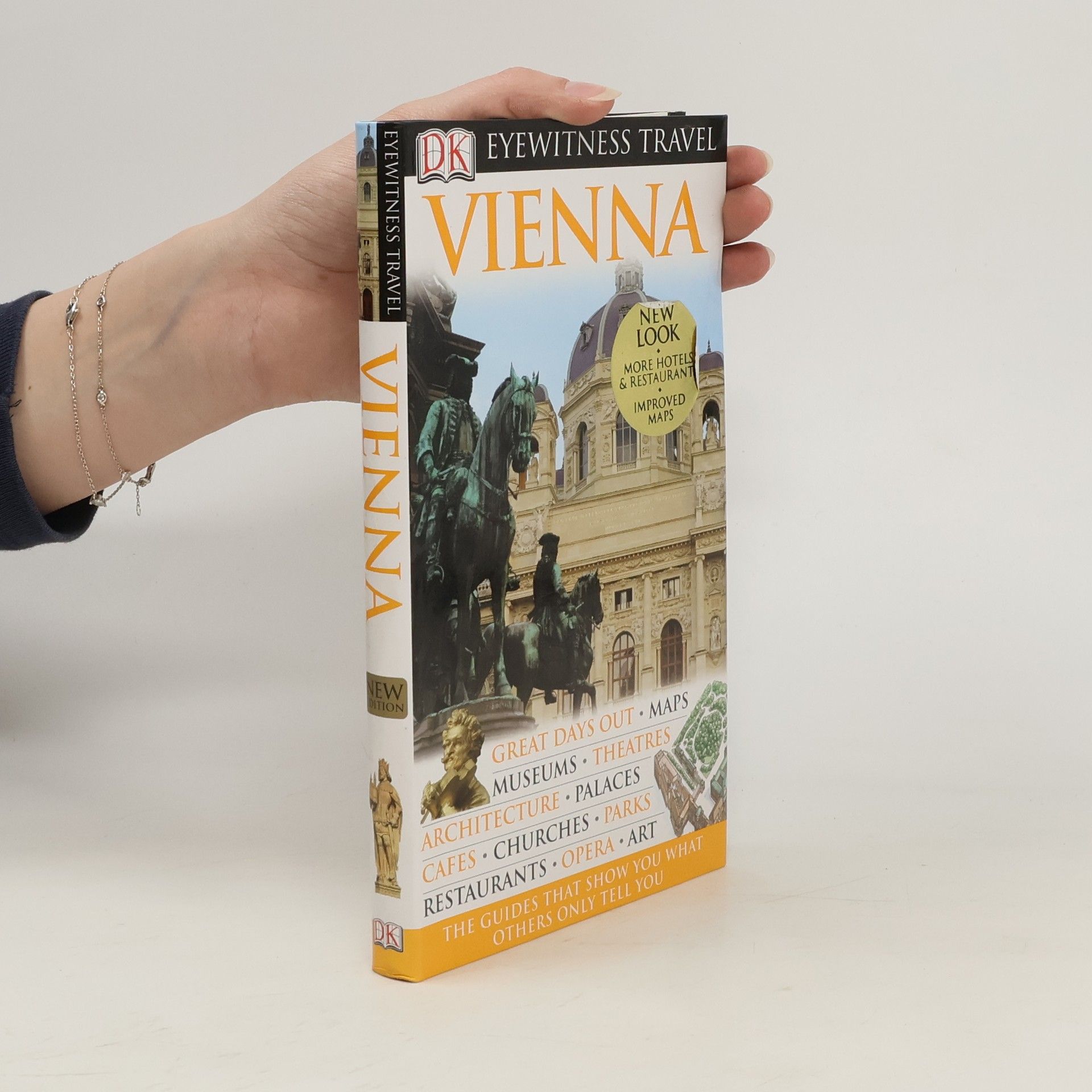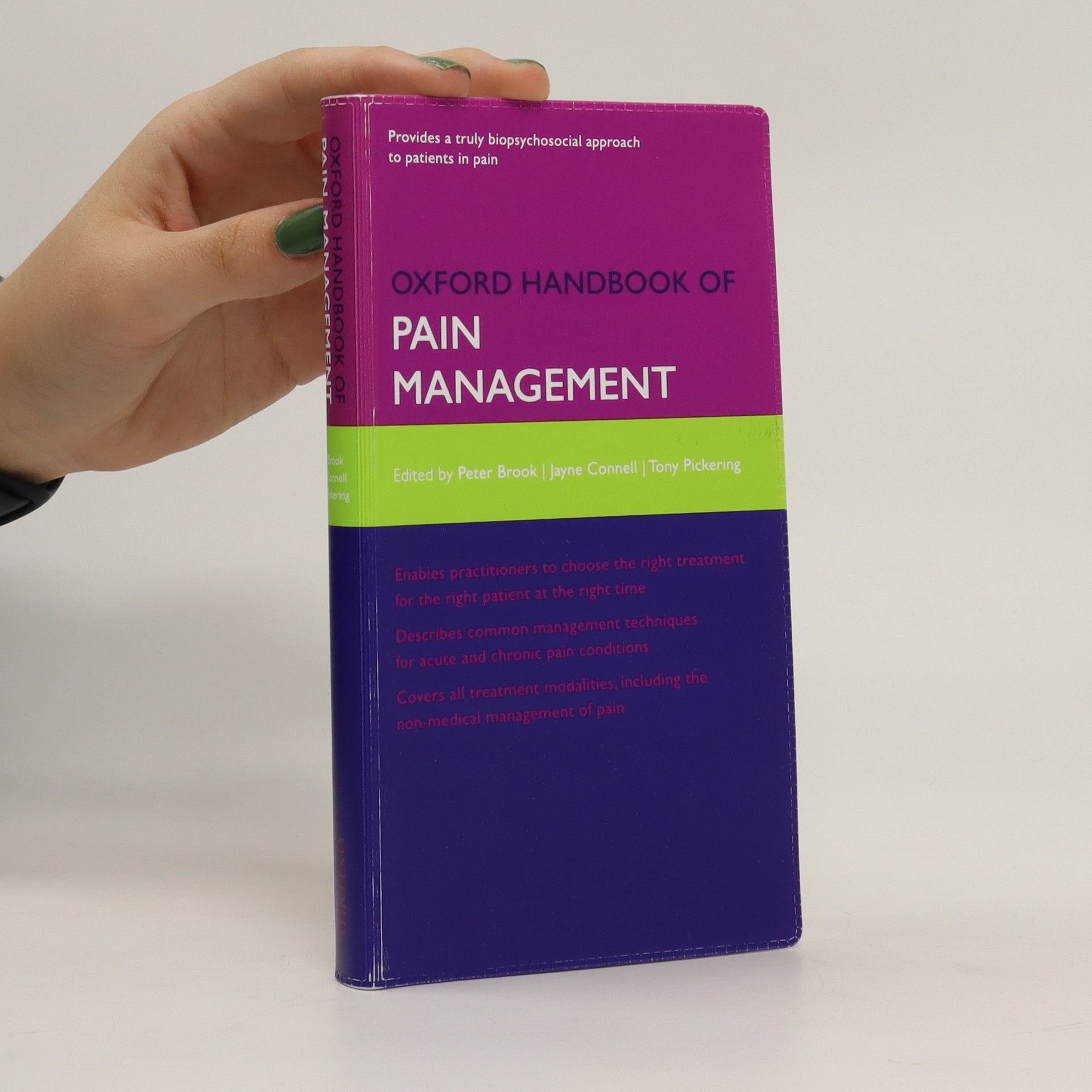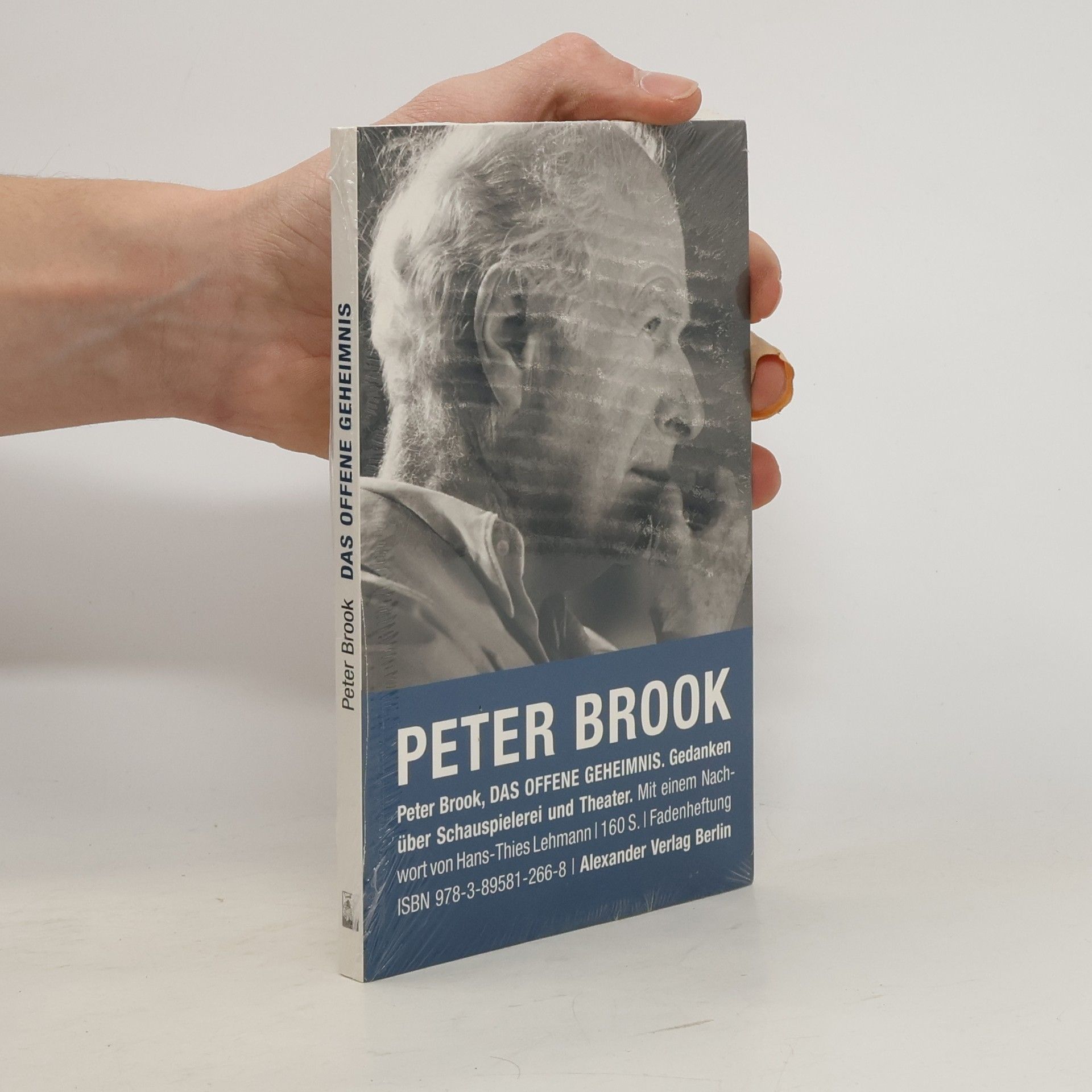Dès leur première rencontre, dans les années 1960, et jusqu'à la disparition de Jerry Grotowski (1933-1999), Peter Brook a saisi l'importance de cet homme extraordinaire et mis en valeur ses choix radicaux. Grâce h des textes, des prises de parole, des témoignages, nous suivons dans ce livre de l'amitié la trajectoire du metteur en scène polonais, de la quête d'une forme " parfaite " à " l'art comme véhicule ". Mais le metteur en scène anglais pointe aussi sa différence, son besoin du public et de l'impureté élisabéthaine. Il ne commente pas, il dialogue avec Grotowski. Toute une vie.
Peter Brook Livres
Peter Brook était un metteur en scène de renommée mondiale, connu pour ses mises en scène novatrices d'œuvres de dramaturges célèbres. Son travail explorait en profondeur la psyché humaine et les thèmes universels, en mettant souvent l'accent sur l'action physique et les aspects rituels du théâtre. Brook cherchait à créer un théâtre véritablement universel transcendant les barrières culturelles, s'adressant à un public mondial par des répétitions prolongées et l'improvisation des acteurs. Ses productions étaient souvent visuellement époustouflantes, employant des éléments non conventionnels pour évoquer un sentiment de magie et de célébration.
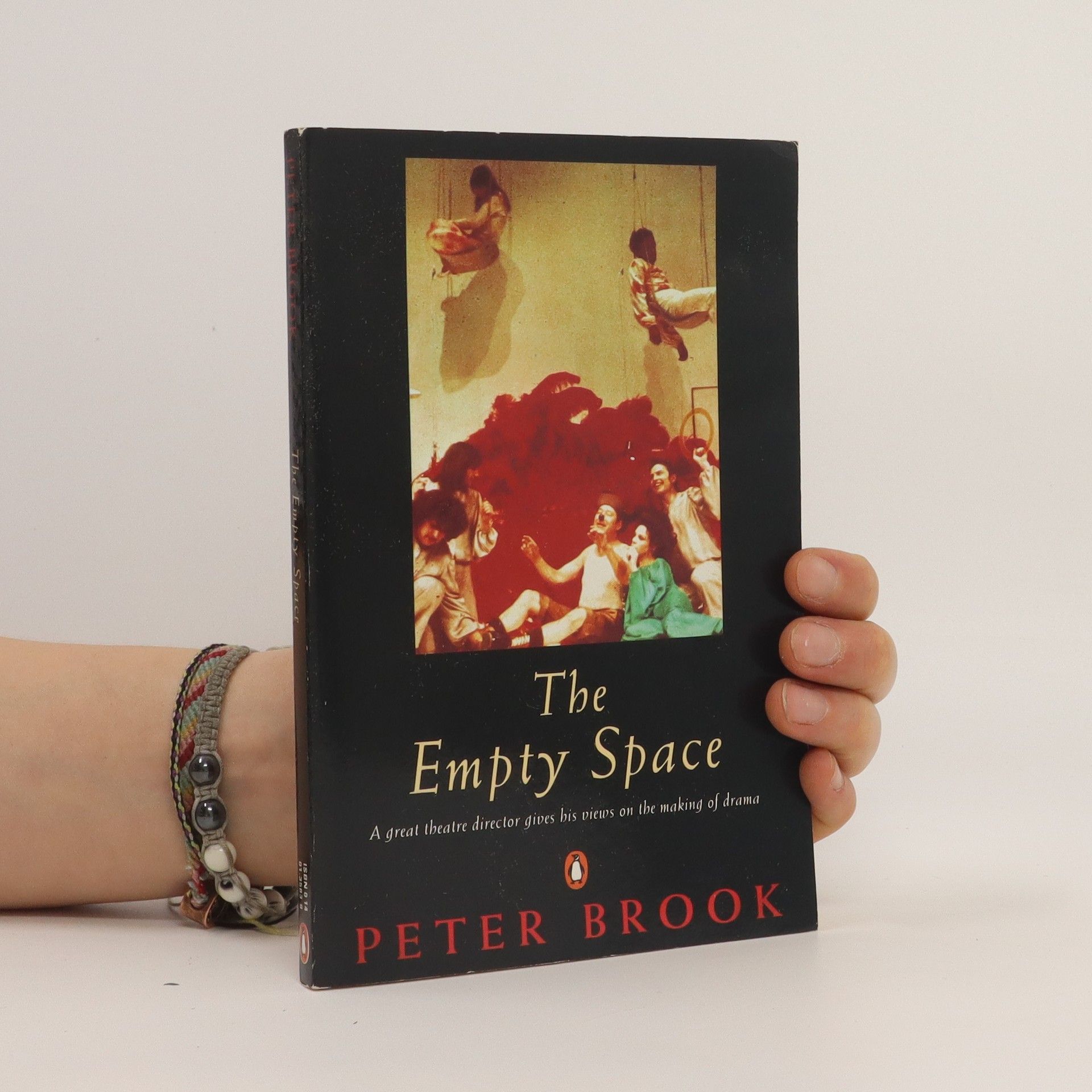
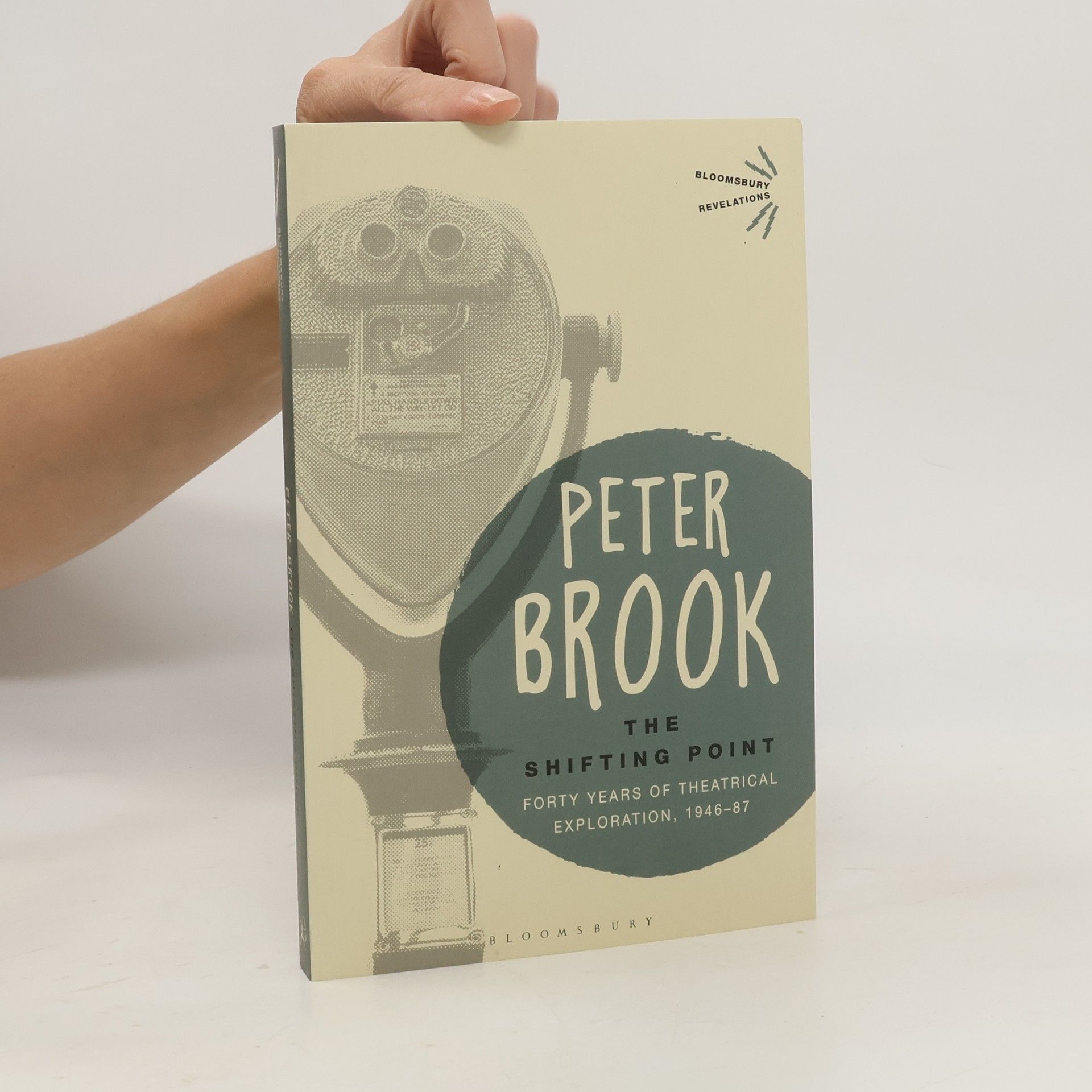

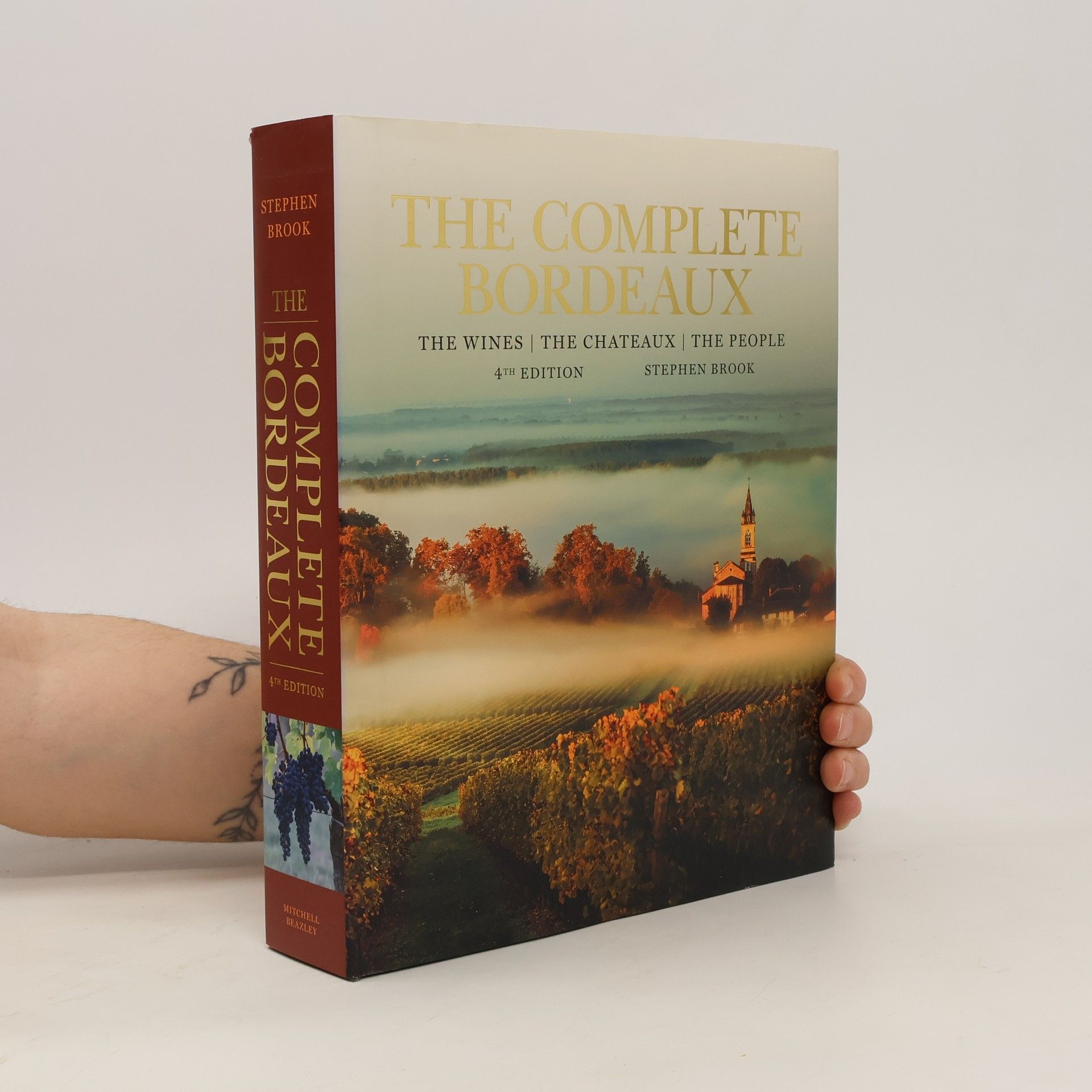

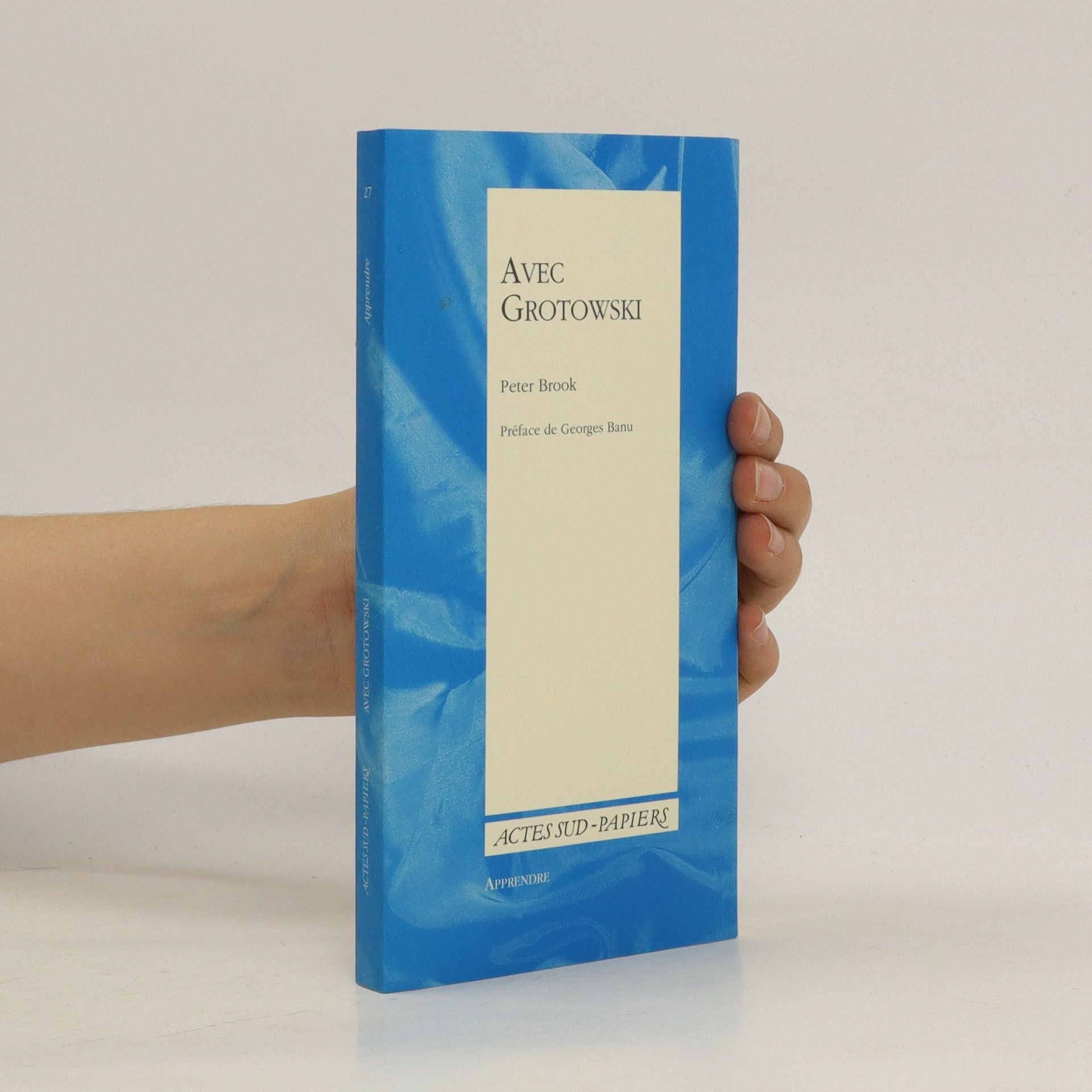
Tip of the Tongue: Reflections on Language and Meaning
- 112pages
- 4 heures de lecture
A thoughtful and deeply personal book by a master theatre-maker. In Tip of the Tongue, Peter Brook takes a charming, playful, and wise look at topics such as the subtle, telling differences between French and English, and the many levels on which we can appreciate the works of Shakespeare. Brook also revisits his seminal concept of the "empty space," considering how theatre--and the world--have changed over the span of his long and distinguished career. Threaded throughout with intimate and revealing stories from Brook's own life, Tip of the Tongue is a short but sparkling gift from one of the greatest artists of recent times. Tip of the Tongue is part of Peter Brook's "Reflections" trilogy, along with The Quality of Mercy and Playing by Ear.
The Complete Bordeaux
- 736pages
- 26 heures de lecture
The Complete Bordeaux offers detailed information on the many communes and appellations of Bordeaux along with descriptions and assessments of all its major properties. As well as incisive portraits of the leading properties and their produce, Stephen Brook provides a detailed look at Bordeaux's lesser-known areas and chateaux. There is also an invaluable vintage guide to the last four decades. Bordeaux encapsulates an incredible 13,000 wineries throughout 54 appellations and this book includes a thorough explanation of Bordeaux's history, terroir and winemaking styles
The profession of directing is barely a century old. On Directing considers the position of the director in theater and performance today. What is a director? How do they begin work on a play or performance? What methods are used in rehearsal? Is the director an enabler, a collaborator or dictator? As we enter the new millennium, is the very concept of directing under increasing threat from changes in thinking and practice? The full diversity of today's approaches to directing are explored through a series of interviews with leading contemporary practitioners. On Directing is a landmark book about the director's craft.
The Shifting Point
- 227pages
- 8 heures de lecture
"First published in Great Britain by Methuen Drama, 1988, and in paperback in 1989."
The empty space
- 160pages
- 6 heures de lecture
First published in 1968, "The Empty Space" is a timeless analysis of theatre, from perhaps the most influential director of the twentieth century. In "The Empty Space," groundbreaking director Peter Brook draws on a life in love with the stage to explore the issues facing any theatrical performance. Here he describes important developments in theatre from the last century, as well as smaller scale events, from productions by Stanislavsky to the rise of Method Acting, from Brecht's revolutionary alienation technique to the free form happenings of the 1960s, and from the different styles of such great Shakespearean actors as John Gielgud and Paul Scofield to a joyous impromptu performance in the burnt-out shell of the Hamburg Opera just after the war. Passionate, unconventional, and fascinating, his book shows how theatre defies rules, builds and shatters illusions, and creates lasting memories for its audiences.
Oxford Handbook of Pain Management
- 366pages
- 13 heures de lecture
The Oxford Handbook of Pain Management is an essential resource for all clinicians involved in the management of pain. It brings together the information necessary to provide a truly biopsychosocial approach to the care of patients in pain, and helps the practitioner define the most appropriate therapy for individual conditions.
Das offene Geheimnis
Gedanken über Schauspielerei und Theater
Was ist Theater? Wie bekommt man ›den kleinen Funken Leben‹ in eine Inszenierung? Beispiele und Erzählungen aus Peter Brooks internationaler Arbeit als Theaterregisseur, Erlebnisse und Erfahrungen bei verschiedenen Produktionen fügen sich zu einem lebendigen Bild zusammen und gewähren Einblick in seine Auffassungen von Theater, Regie, Sprache und Literatur. 'Theater darf nicht langweilig sein. Es darf nicht konventionell sein. Es muß unerwartet sein. Theater führt uns durch Überraschung, durch Erregung, durch Spiel, durch Freude zur Wahrheit. Es macht die Vergangenheit und die Zukunft zu Teilen der Gegenwart, es ermöglicht uns eine Distanz zu dem, was uns normalerweise umfängt, und überwindet die Distanz zu dem, was normalerweise weit weg liegt.' Peter Brook
Nitky času : memoáry
- 225pages
- 8 heures de lecture
V knize Nitky času vzpomíná Peter Brook na události, které určovaly jeho uměleckou dráhu - šťastné dětství v rodině ruských emigrantů, dobrodružné divadelní i filmařské začátky ve válečném Londýně, výrazné rané úspěchy na poli operní i shakespearovské režie a divadelní experimenty, k nimž ho v šedesátých a sedmdesátých letech přivedla jeho neumdlévající touha dobrat se nejhlubších kořenů divadla.
